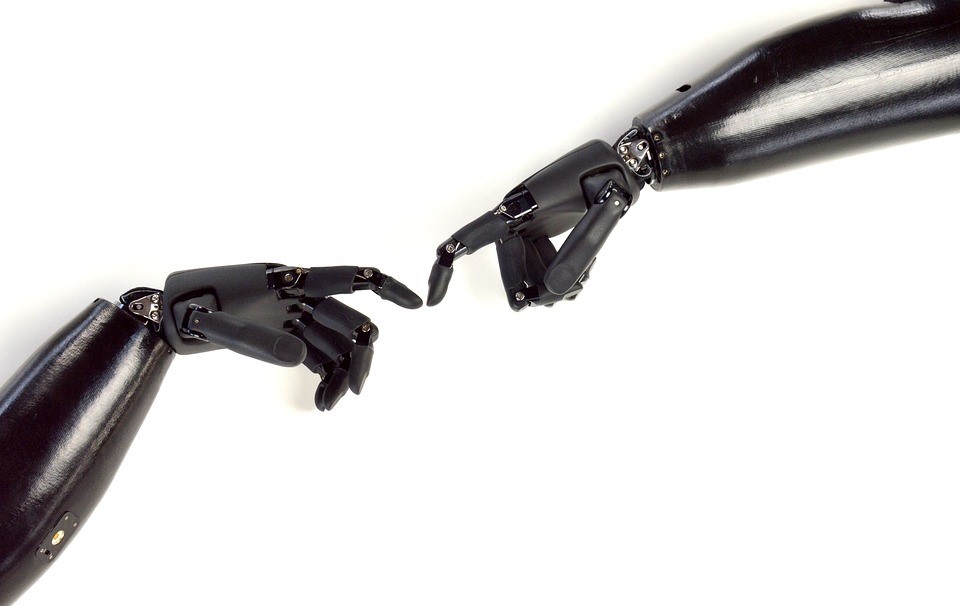MAIA: AI system for acting in multiple contexts

date: 23/11/2020
Artificial intelligence transforms many spheres of human society; therefore, it is no surprise that it is becoming indispensable also in medicine. The MAIA project aims to improve the way artificial intelligence controls prosthetic and assistive devices. By investigating and resolving the crucial aspects of this technological advance, the project will develop a novel, ’intention-for-action’ decoding algorithm that extracts information from multiple perceptual and motor s processes unravelled in recent discoveries in neuroscience and implements a new scheme for trustworthy human-AI interactions.
MAIA focuses on the use of artificial intelligence in prosthetics – a quickly developing cross-disciplinary field combining scientific, medical and technological approaches. The team of researchers specified the idea behind their project in the project proposal:
“What if in a near future Artificial Intelligence becomes human-centric, focusing on human needs and builds trustworthiness by mutual understanding? Today, millions of people worldwide suffer from deteriorated motor abilities, due to stroke, brain tumour surgery or accident. This represents a serious society challenge with missing adequate technological response. Patients need assistive devices that are trustworthy, multifunctional, adaptive and interactive, i.e., intelligent, unlike current neuroprosthetics that replace single motor impairments.”
The technology proposed by MAIA is based on a flexible and interactive decoding of human intentions. To provide the best possible results, researchers will investigate the principles underlying natural, fast and effective communication between humans and AI and explore new forms of combinations of neural and behavioural signal processing beyond current state of the art.
The whole project is driven by the best possible users’ experience and therefore it is focused on building trust through natural interaction and mutual learning. For this reason, the end-users (patients and caregivers) will be directly involved in the research program. As an outcome, embedded trustworthy characteristics will be a crucial aspect of the novel human-centric AI controller that will be multifunctional, thus suitable to be integrated in robotic arm, wheelchair or exoskeleton applications.
Importantly, the project wants to contribute to a new European innovation ecosystem beyond the traditional research activity that will stimulate highly innovative enterprises.
MAIA starts in January 2021 and runs until December 2024. The coordinating institution is University of Bologna (Alma Mater Studiorum – Università di Bologna), other participants are from Germany, Spain and Italy.
Background information
FET-Open and FET Proactive are now part of the Enhanced European Innovation Council (EIC) Pilot (specifically the Pathfinder), the new home for deep-tech research and innovation in Horizon 2020, the EU funding programme for research and innovation.
